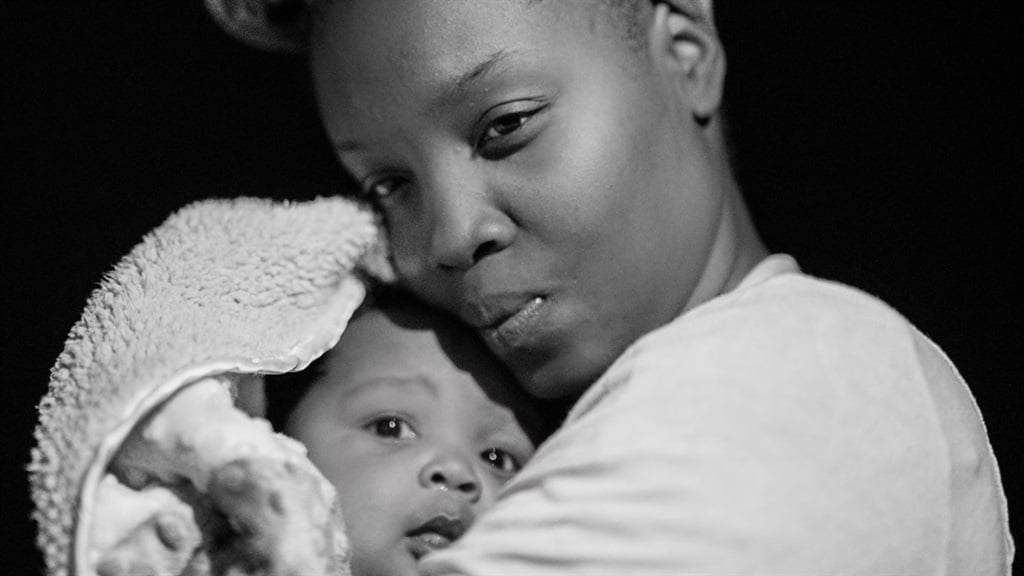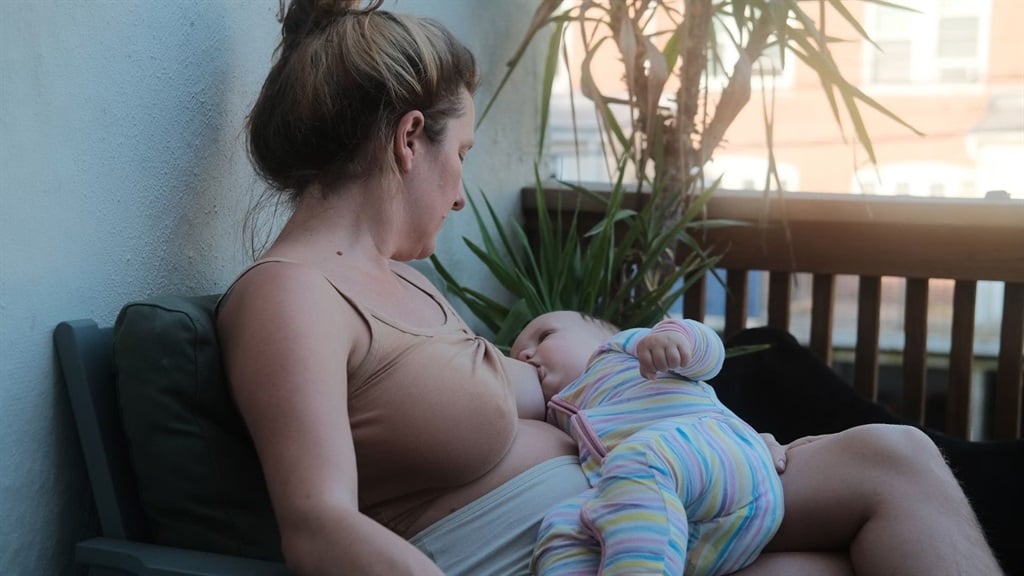
1 in 3 SA mothers struggle with postpartum depression. (Unsplashed/Andrae B. Ricketts).
- One in three South African women suffer from perinatal depression and anxiety.
- The month of May is Maternal Mental Health Month, with May 1 designated as World Maternal Mental Health Day, which aims to raise awareness of women’s maternal health and some of the conditions that they face as mothers.
- Women struggling with postpartum anxiety are encouraged to speak up and seek help.
There’s one thing Serena Williams, Brooke Shields, Alanis Morissette, Adele, Behati Prinsloo, South Africa’s own actress and endurance athlete Vanessa Haywood-Sandes and Vutivi Dlamini of The Dlamini’s YouTube channel all have in common, and not just fame
All of these women have suffered from postpartum depression, one of the most widespread maternal mental health conditions in the world.
In South Africa, one in three women suffer from it, and this May, the Perinatal Mental Health Project (PMHP) is highlighting the issue. Every year, May is celebrated as Maternal Mental Health Month, with May 1 designated as World Maternal Mental Health Day.
The goal is to raise awareness of the fact that so many women – from all communities, stages and walks of life – experience perinatal mental health challenges and share support resources.
The term perinatal refers to the period of pregnancy and the first year after childbirth.
“Perinatal depression is common, and so is anxiety and post-traumatic stress disorder,” says Associate Professor Simone Honikman, founder and director of the Perinatal Mental Health Project (PMHP), a Cape Town-based NPO which works to support integration. of maternal mental health care in South Africa.
“The prevalence here is about double that in higher-income countries, and marginalized women are more affected.”
READ ALSO | ‘Trying not to drown’: Halle Bailey’s relatable revelation about navigating new motherhood
Perinatal depression and other common maternal mental health disorders are highly treatable when caught early.
However, they often go unrecognized and untreated, with many women letting themselves get on with it as best they can.
Honikman says:
Symptoms of depression include crying a lot, feeling very heavy and low, having difficulty moving forward, withdrawing and feeling hopeless. Women can struggle with relationships and everyday tasks. Changes in appetite and sleep are also common. Symptoms of anxiety include overthinking, feeling scared or nervous, and worrying a lot. Women may have physical symptoms, such as sweating, shaking, and a racing heart. This can have serious consequences for both the woman and her baby.
“We’re talking about an increased likelihood of premature birth, low birth weight, self-medication with harmful substances, negative impacts on the child’s development, and even an increased risk of maternal death,” says Honikman.
“There are also economic impacts. In South Africa, the lifetime costs of untreated maternal depression and anxiety alone add up to R51.8 billion per year group of pregnant women and their babies.
“There is a very real need for high-quality, integrated mental health services within maternity care.”
Women can learn to optimize difficult circumstances and move forward with the right care.
However, access to treatment is a key challenge, especially for the most vulnerable women living in low-income communities.
In 2019, only five percent of the country’s public health budget went to mental health spending. Of the population without private health insurance who needed mental health care, less than 0.9% received inpatient mental health care and less than 10% (7.8%) received outpatient mental health care.
Globally, the World Health Organization has called for mental health care to be integrated into maternal and child health services through recently published guidance.
In South Africa, this is reflected in new national maternity care guidelines, which we hope to publish. These guidelines provide practical and evidence-based approaches for maternity workers to provide mental health as part of holistic maternity care.
READ ALSO | What to expect when you’re expecting: How will your sex life change during pregnancy and postpartum?
Honikman and his team at PMHP were instrumental in creating both guidelines.
All parents experiencing perinatal mental health issues are encouraged to seek support.
The Perinatal Mental Health Project website is a good place to start – a good place to find information and get useful materials, in several languages.
The PMHP does not have a helpline or offer support apart from women who visit their service at Hanover Park Midwives’ Obstetrics Unit.
However, Honikman recommends Masiviwe’s website, which has a map of mental health resources across the country.
Anyone can also contact the following organizations for free help: SA Depression and Anxiety Group: 0800 21 22 23 (general) or 0800 567 567 (suicide crisis helpline).
#Vital #Mothers #Day #Note #Empowering #Moms #SAs #Silent #Struggle #Perinatal #Depression #Life
Image Source : www.news24.com
